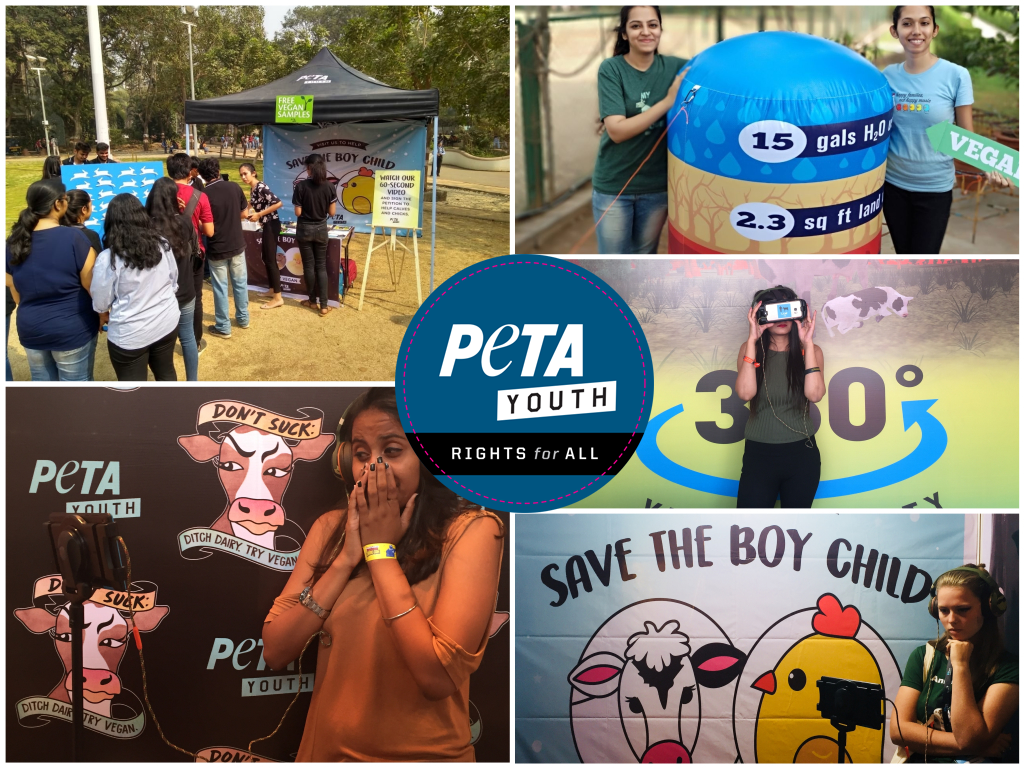NEW DELHI: Amidst the prevailing COVID-19 situation, People for the Ethical Treatment of Animals (PETA) has informed that there has been no reported case of transmission of COVID-19 from animals to human beings.
While speaking to ANI, PETA India CEO, Manilal Valliyate said, “There is no reported case of transmission of COVID-19 from animals to human beings as of today, particularly from the companion animals like dogs, cats and also from the community animal.”
However, the PETA official indicated that the vice-versa i.e. transmission of COVID-19 from humans to animals can be possible.
“There are few reported cases of humans transmitting the virus to companion animals but there is nothing like animals infecting humans. The reason for a pandemic is human to human transmission,” Valliyate said.
Senior Delhi-based veterinary Dr Ram Jatan also agreed that coronavirus is not transmitted from pet animals to humans. “Coronavirus is not transmitted from pet animals to humans. Vaccine against coronavirus for dogs is already available and the strain of corona is different for dogs,” he pointed out.
“COVID-19 has been detected in various wild animals, specifically big cats across Indian zoos. The samples have been sent to the Indian Biological Sciences and Research Institute (IBRI) for diagnosis,” Ram Jatan told ANI. He urged people to vaccinate their pet dogs and complete the booster doses and suggested that the people who are COVID-19 positive should separate themselves from their pets.
On April 12, Union Health Minister Dr Harsh Vardhan said that human health cannot be seen in isolation in an era that has increased interaction between humans and animals resulting in a need for ‘One Health’ approach.
While releasing the journal of the Indian Council of Medical Research (ICMR)’s ‘One Health’ symposium, Vardhan said that “with increased interaction between humans and animals, human health can not be seen in isolation”, adding that COVID-19 is more than a reminder to that fact.
“COVID-19 demonstrates the rapid spread of novel pathogens which can have a significant impact on the global economy. Preparedness for, and mitigation of such events require a ‘One Health’ approach,” the minister said. “The present international symposium is focused on ‘one health approach’ which recognises that the health of people is closely connected to the health of animals and our shared environment,” he said.
In April this year, two lionesses had tested positive for COVID-19 at Etawah Safari Park in Uttar Pradesh. Besides this, eight Asiatic lions housed in the Nehru Zoological Park (NZP) Hyderabad have tested positive for the SARS-CoV2 virus. (ANI)







